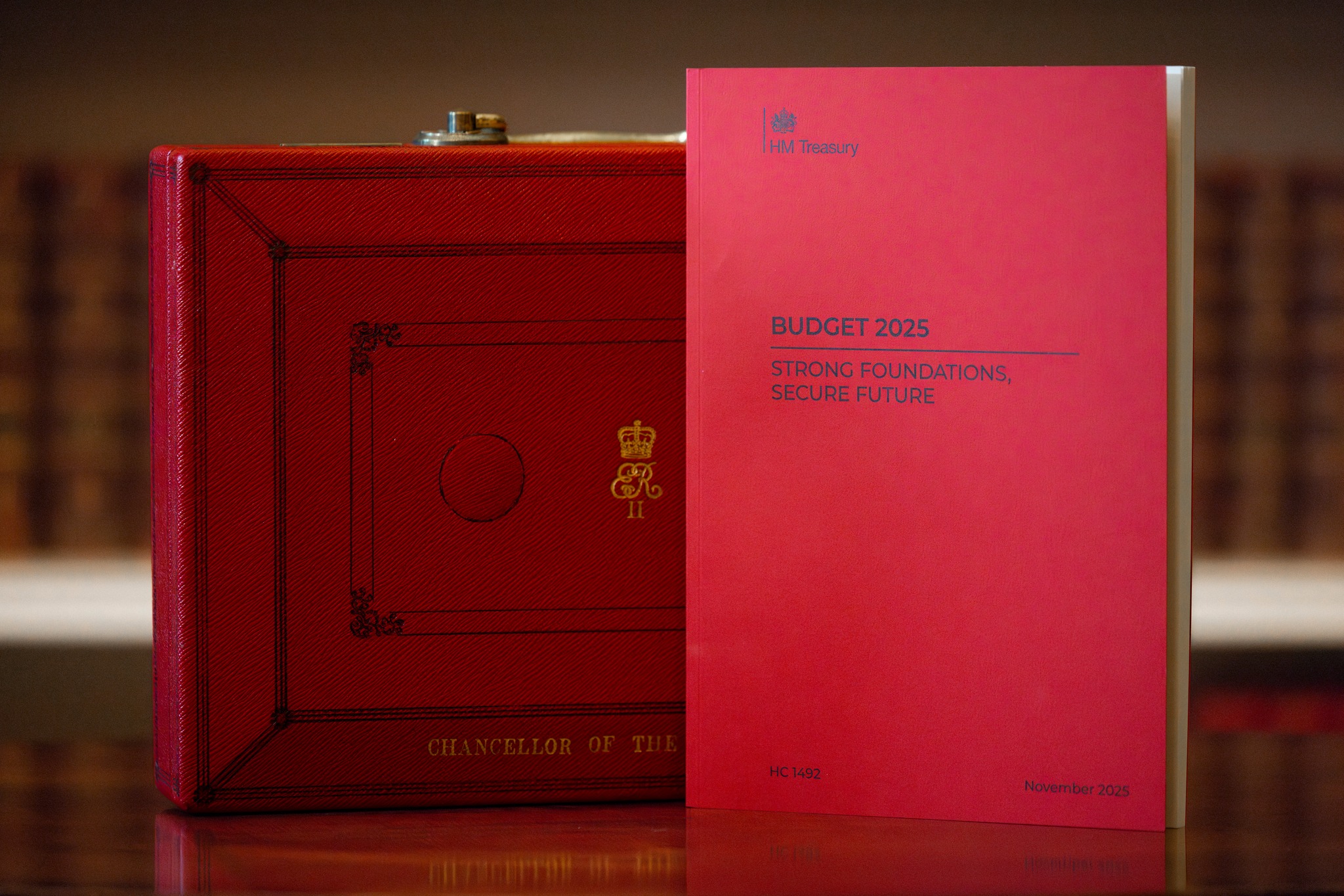The construction industry has faced a series of challenges in the past few years. Construction material costs have been increasing steadily – in 2018, they rose almost 5%. On top of that, there has been a generalised shortage of specialist labour. As we look towards the next ten years, what seems clear is an urgent need to mitigate the effects of these spiralling costs. Here’s a look at some trends in the next decade which will could help optimise process and performance in construction.Technological advances are certain to play a key part in enhancing the entire lifecycle of construction projects.
BIM
Building Information Modelling will become more commonplace. This is a way of using computer-generated models to help visualize a construction process in 3-D before the project starts. Subcontractors will be able to visualise their section of the project before starting work. That will allow them to estimate how many specific resources (such as materials) are needed. The benefit is a reduction in the quantity of wasted labour, materials and time. It also allows for testing the effectiveness of creating smart building designs. These include allowing natural light to reach mid-building to reduce energy costs and the reuse of greywater in toilets.
Managing projects
Although project management software has been around for quite some time, innovations in its functionalities are coming thick and fast. This trend will surely continue in the coming years, facilitating greater onsite integration. There will be more ways of bundling scheduling, resource management and timekeeping to better service projects. Consequently, this allows for minimisation of waste (such as over-ordering or supply chain inefficiencies). It should also lead to better streamlining of time-critical tasks.
Materials innovation
As climate concerns increase, the use of green construction practices will become more significant in the industry. Examples include carbon scrubbing building facades, which act like giant artificial leaves. That means they’ll absorb CO2 from the air to convert to re-usable carbon-based materials. Other developments coming onto the market include bricks made from impacted cigarette butts, thermal air conditioning units and’ self-healing’ asphalt. These are still in the research stage but will add towards the development of artificial (synthetic) substances. These will automatically heal themselves if affected by the erosion of damage. The application of such a solution to road-building projects would be a boon for many drivers. And, of course, would mean a far longer material lifespan.Sustainable construction means efficient use of resources with a focus on societal ‘well-ness’. 3-D component printing is certain to play a pivotal role in reducing overall material costs.
AI, VR, and robotics
Whether we will see the widespread use of innovations in construction projects depends on technological capacity. The willingness of companies to invest in new methods will also play a factor. New types of clothing fabrics are already available (cooling vests, for example). These enhancements to worker safety would certainly improve productivity and make for a happier workforce with better working conditions.Additionally, wi-fi connected GPS work boots will allow site managers to locate and deploy construction workers more efficiently. Even the use of cobots is feasible, as a way of working alongside humans to make repetitive tasks less labour-intensive.
Modular construction
Architecturally, notable buildings are springing up in all types of places, from the humble to the flagship. The limitations on the imagination of designers will be further broken down as more sophisticated structures become feasible. Nevertheless, most construction tasks still involve replicable structures whose component parts can be prefabricated. Façades may exhibit modern design flourishes, but the interiors of many buildings are standard. This will certainly make modular and prefabricated construction a more cost, resource and time-efficient process.The construction industry in the UK (and elsewhere) is facing increasingly narrow profit margins. To remain a sustainable and healthy sector, investment in some of the options above seems inevitable over the next decade.
FAQs

Can we help your business?
Book a free consultation with our expert R&D funding advisors today. We specialise in helping innovative businesses like yours unlock millions in government funding, specifically allocated to fuel your innovation. Let us help your business access the support it deserves.









.svg)


